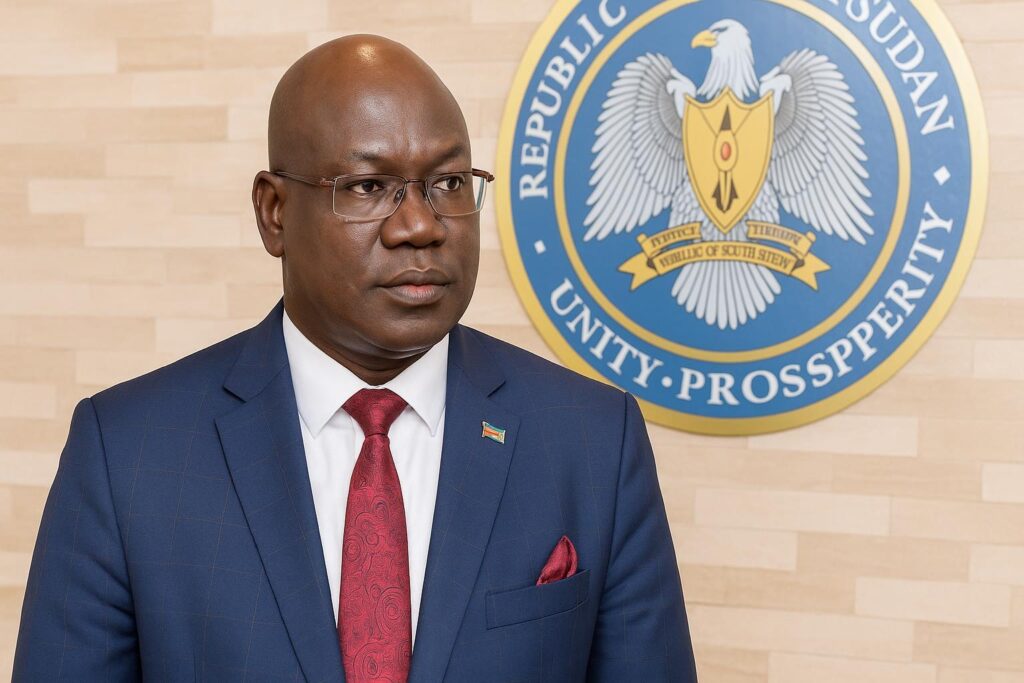Converging Crises in South Sudan
South Sudanese officials have sounded an early siren, warning that a perfect storm of mass arrivals from the Sudan conflict and predicted torrential rains could collide in September and October, creating a humanitarian squeeze few contingency plans can absorb.
Minister of Humanitarian Affairs Albino Akol Atak briefed President Salva Kiir on Wednesday, cautioning that escalating needs risk outpacing government capacity unless urgent outside support arrives.
Refugee Surge Tests Fragile Systems
UNHCR figures show more than 1.2 million people have entered South Sudan since April 2023, a mix of Sudanese refugees and returnees uprooted by two years of fighting across the border.
Transit centres in Renk and Paloich, designed for short stays, now stretch to overcrowded tent cities as families await transport deeper south or scarce space in settlements, aid workers report.
Rains Forecast to Swell Rivers
The national meteorological service predicts above-average rainfall along the White Nile basin, echoing floods that displaced roughly 800,000 people last wet season.
Lakes, Unity, Western Equatoria and Northern Bahr el Ghazal lie on floodplains where swollen rivers routinely breach earthen dykes, submerging farms, roads and clinics.
Communities at the Epicentre
Chief Nyang Marial in Fangak recalls fields turning into lakes in 2022. ‘We rebuilt shelters on higher ground, but new water channels still cut us off from markets,’ he says, fearing another exodus if forecasts hold.
Health officers warn stagnant waters invite malaria and water-borne diseases, compounding malnutrition already reported in Jonglei and Upper Nile.
Government Moves and Resource Gaps
The Ministry of Humanitarian Affairs has begun reinforcing dykes near Bor and dispatching excavators to open drainage channels, a strategy tested during the 2021 floods.
President Kiir instructed line ministries to fast-track a national flood response plan and appealed to donors for pre-positioned food, medicine and boats, stressing that ‘preparedness now is cheaper than relief later’.
Regional Partners Urged to Step Up
Nairobi-based analyst Dr. Kendi Muthoni notes that South Sudan sits at the intersection of climate volatility and regional conflict, arguing that coordinated Horn-region funding pools could stabilise movements and lower future aid bills.
For many citizens, however, the immediate hope is simpler: rain-proof shelters before the clouds gather and safe passages for neighbours still staggering across the northern border.


